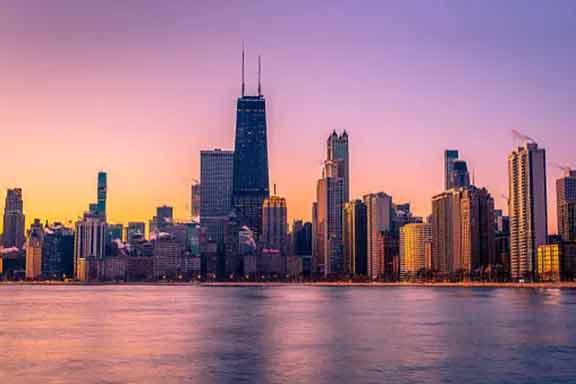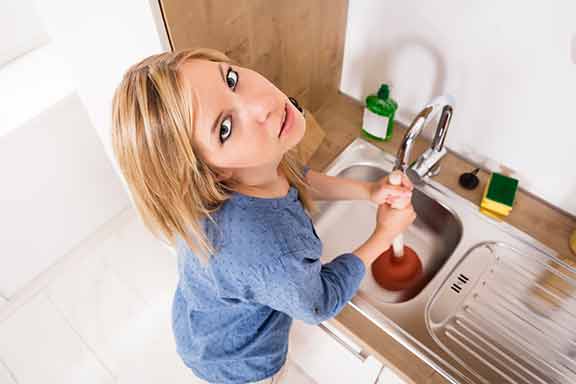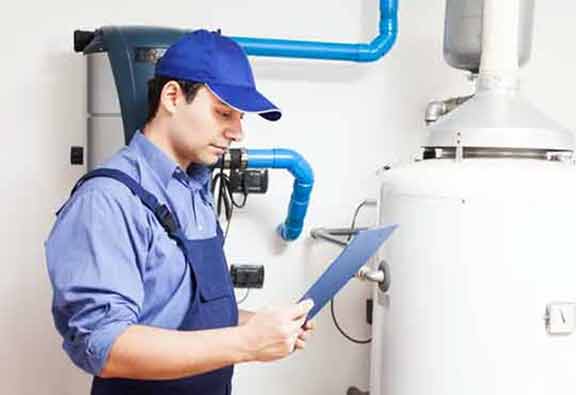
Chicago is known for its stunning architecture, thriving food scene, and rich culture. However, like any other large city, it also faces its fair share of plumbing issues. From leaking pipes to backed up drains, these common problems can cause inconveniences and even damage to your property.
Here we will explore the most frequent plumbing problems in Chicago and offer some valuable tips on how to prevent them. By understanding these issues and taking the necessary preventive measures, you can save yourself from the hassle of plumbing emergencies and costly repairs.
Frozen Pipes in the Harsh Chicago Winters
One of the most common plumbing problems in Chicago occurs during the harsh winters when the temperatures drop well below freezing. Frozen pipes can lead to burst pipe emergencies, causing extensive water damage to your home or business.
Prevention Tips:
- Insulate your pipes: Properly insulating your pipes is crucial to prevent them from freezing. Use pipe sleeves or heat tape to keep them warm.
- Keep your home warm: Maintain a heated environment in your home or building, especially during freezing temperatures.
- Allow faucets to drip: Allowing faucets to drip slowly can relieve pressure and prevent water from freezing inside the pipes.
- Disconnect and drain outdoor hoses: Before winter arrives, disconnect and drain all outdoor hoses to prevent any water from freezing and causing damage.
- Open cabinet doors: If you have pipes located in cabinets, open the doors to allow warm air to circulate around them.

The accumulation of debris, grease, hair, soap residue, and other foreign objects can lead to slow drains or complete blockages.
Clogged Drains and Sewer Lines
Clogged drains and sewer lines are another common plumbing issue faced by both residential and commercial properties in Chicago. The accumulation of debris, grease, hair, soap residue, and other foreign objects can lead to slow drains or complete blockages.
Prevention Tips:
- Avoid pouring grease down the drain: Grease solidifies and can stick to the pipes, causing clogs. Dispose of grease properly in a container and throw it in the trash.
- Install drain filters: Use drain filters or screens to catch hair, food particles, and other debris before they enter the drains.
- Regularly clean your drains: Schedule routine drain cleaning using natural or commercial drain cleaners to prevent the build-up of residue and debris.
- Avoid flushing non-flushable items: Only flush human waste and toilet paper down the toilet. Avoid flushing paper towels, feminine hygiene products, and other non-flushable items.
- Get professional sewer line inspection: Periodically have your sewer lines camera inspected by a professional plumber to detect any potential blockages or problems.
Leaking Faucets and Fixtures
Leaking faucets and fixtures not only waste water but can also increase your water bill significantly. Unfortunately, this is a common plumbing problem experienced by many Chicago residents.
Prevention Tips:
- Fix leaks promptly: Don’t ignore even the smallest drip. Fixing leaks as soon as you notice them can help you save water and reduce your expenses.
- Check and replace washers and seals: Over time, washers and seals can deteriorate, causing leaks. Regularly inspect and replace these parts if necessary.
- Be gentle when turning faucets off: Avoid applying excessive force when turning off faucets to prevent wear and tear on the seals.
- Consider installing low-flow fixtures: Low-flow faucets and showerheads can help conserve water and reduce the risk of leaks.

If your water heater is more than 10 years old, consider replacing it.
Water Heater Issues
A malfunctioning water heater can be a major inconvenience, particularly during the chilly winters in Chicago. Lack of hot water or a leaking water heater tank can disrupt your daily routines and cause frustration.
Prevention Tips:
- Flush your water heater: Sediment build-up can reduce the efficiency of your water heater and lead to premature failure. Regularly flush your water heater to remove any accumulated sediment.
- Maintain the temperature setting: Set your water heater temperature to the manufacturer’s recommendation to prevent overheating and reduce the risk of scalding.
- Inspect for leaks or rust: Periodically check your water heater for any signs of leaks or rust. If you notice any, contact a professional plumber to address the issue.
- Replace an aging water heater: If your water heater is more than 10 years old, consider replacing the water heater tank with a newer, energy-efficient model to avoid unexpected breakdowns.
Running Toilets
A running toilet can waste a significant amount of water over time. Not only does this lead to higher water bills, but it is also an environmental concern.
Prevention Tips:
- Replace toilet flange: A worn-out flange can cause the toilet to run continuously. Replace it with a new one to fix the issue.
- Adjust the float: Ensure that the float inside the toilet tank is properly adjusted to prevent the continuous flow of water.
- Check the fill valve: If the fill valve is defective, it may not shut off completely, leading to a running toilet. Have a plumber replace the faulty fill valve.
By implementing these preventive measures, you can avoid the frustration and inconvenience that come with plumbing problems. However, if you do encounter any major plumbing issues in Chicago, it is always recommended to seek the services of a professional Chicago plumber who can provide expert solutions.
Remember, early detection and regular maintenance are key to preventing costly plumbing repairs and protecting your property from water damage. Stay proactive, and your plumbing system will thank you in the long run!